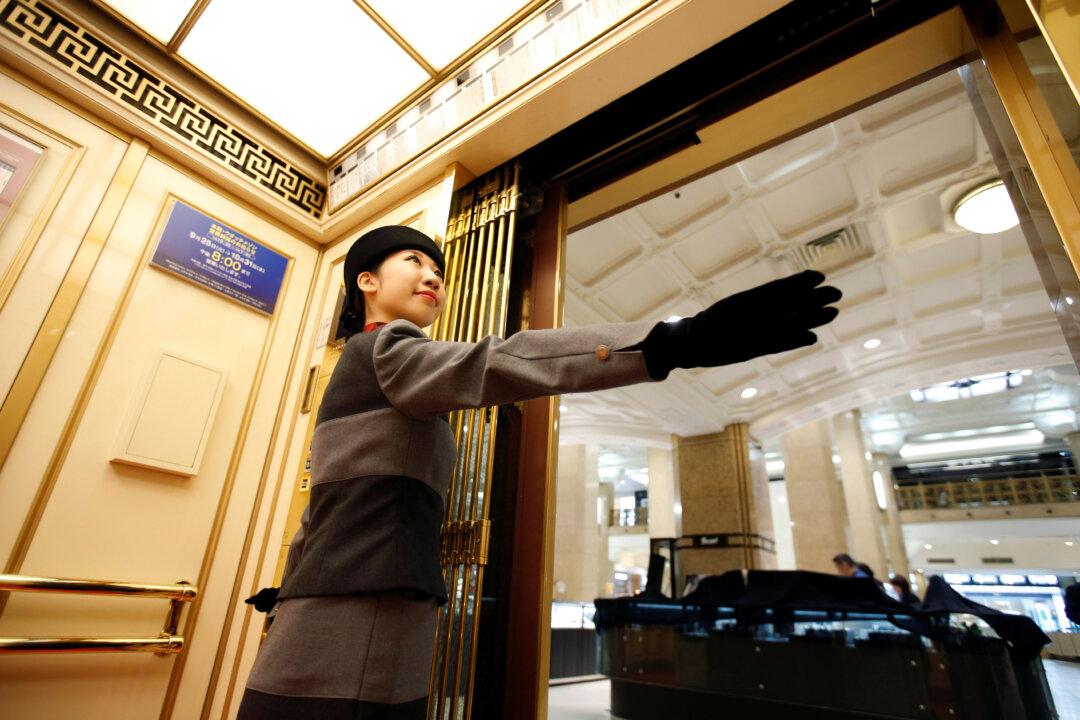TOKYO—Japan’s capital expenditure boom is shifting to the services sector, stirring fears that self-checkout systems and software will take the human touch out of omotenashi, the country’s vaunted commitment to hospitality.
The economic forces at work are undeniable. The working-age population is forecast to shrink by about a third in the next half-century, and companies simply cannot hire enough workers.





